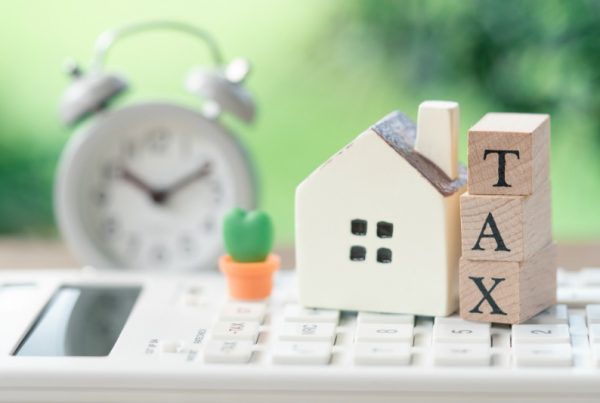Parents and grandparents have been known to help their children get onto the property ladder and this is becoming more and more common. Whether it’s because of rising house prices or lenders restricting the amount they’re willing to lend, the “Bank of Mum and Dad” comes in handy for those children looking to take their first step into property ownership. If it’s simply a case of providing money for a deposit with no expectation of it ever being repaid, then a simple gift of the money will suffice. However, if the plan is to provide a home for the child, it begins to become complicated. There are a number of options you might want to consider, each coming with its own risks!
Buying the property in the child’s name
This might seem very straight forward on the face of it. Parents or grandparents provide the purchase price from their own resources and the title to the property is taken in the name of the child. Yes, it’s very simple. However, you should know that if you do this, the child can decide what to do with the property and you would have no say at all!There are also other dangers of which you should be aware. If the child were to get into debt, his or her creditors could take proceedings which could ultimately lead to the creditors forcing the sale of the house to meet the debts. There’s nothing to stop the child from taking out a mortgage over the property or even from selling it and keeping the proceeds.If your child is married or in a civil partnership, should they divorce, their spouse or partner may have a right to a share in the house which may cause the property to be sold. If your child is under 16 years of age and you buy the property in his or her name, you will be liable for the Additional Dwelling Supplement (ADS). This currently stands at 4% of the price of the property and is a tax payable to Revenue Scotland. This is in addition to any Land & Buildings Transaction Tax (LBTT) you would also have to pay.
Securing your investment
Should you decide you wish to put the property in your child’s name but prefer to protect the investment, you might consider taking a Security over the property. The effect of this would be to ensure that you at least got your money back in the event of some form of forced sale, or in the event that your child decided to sell the property.
Buying the property for your child to live in
As an alternative to putting the title to the house in your child’s name you might consider buying the property in your name and allowing your child to live in it. This would mean the property would belong to you and any proceeds of sale would come back to you. However, when you buy the property, you’ll need to pay the ADS of 4% of the price in addition to any LBTT payable in the event that you already own another residential property. There is also the issue of Capital Gains Tax which would apply when the property is eventually sold. Also, should the parent in whose name the property is held die, then the property will form part of the parent’s estate. There may be other siblings entitled to share in the estate of the parent and this might mean the property has to be sold.
Holding the property in a Trust
Another option would be to create a trust and put the property into that trust. In this situation, the trustees are likely to be the parents and grandparents with the child as the beneficiary. Because the trust owns the property and whilst the child can live in it, it’s sheltered from attack by creditors, spouses or partners and the child can’t sell it or mortgage it. The trust can sell the property and buy another one and it can even sell the property and pay out the proceeds of sale to the child. There will also be taxation implications for this kind of arrangement. The ADS will apply to the purchase at a rate of 4% of the price (in addition to any LBTT that may also apply) and, on disposal of the property, Capital Gains Tax will apply. For information on Capital Gains Tax and when it might apply, please see the UK Government’s website by clicking here.
There are also other considerations to be taken into account when dealing with the trust scenario. Any money put into the trust to purchase the property no longer forms part of the parent’s estate and, as such, is sheltered from Inheritance Tax.
If you find yourself in such a situation or are currently considering your options, we’d be happy to speak to you about this. Please call us on 0141 227 2200 or email Derek Bell now.





